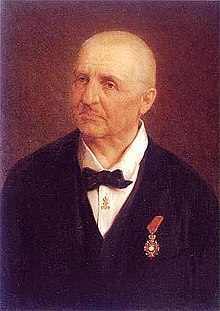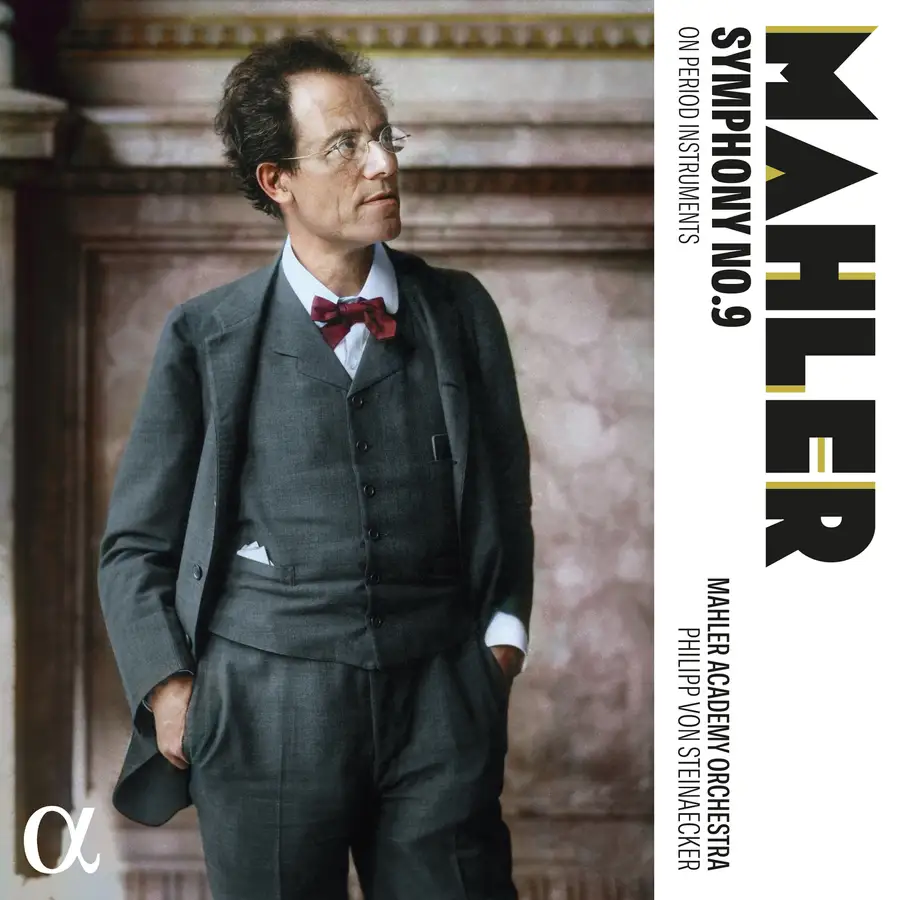Marantz DV-6001
Sony SCD-1/SCD-777ES
As you may have noticed, I have added an SACD corner to the right-hand column. The reason is, there are many wonderful SACDs available in the library and I have been playing them recently with great pleasure.
At the start I must state I am not an SACD expert; far from it, as I have just too many LPs and CDs, I have never really "seriously" taken up the format.
When the format was first launched, my reaction was pretty negative. Many of the early so-called SACDs were just re-mastered from PCM sources, and they did not sound too good (even atrocious) through the earlier players.
Later, I was gradually converted to the view that the format is a good one. First, many red-book CDs that were recorded in DSD (like many Sony's, one of my favorite labels, sonically speaking) sounded very good, despite being 44.1 down-mixes. Second, I got to hear at my own home some real SACDs, and they sounded superb. Here is my experience.
Some years ago I decided to buy a player that can play SACD. As I did not need HDMI or watch much video (to this day I still watch VCD sometimes, remember that format? Bet you don't have it) I bought a second-hand lowly Cambridge Audio DVD-87, little brother to the rave-reviewed DVD-89.
My friend whlee lent me his collection of pure SACDs (single layer), including several Keiko Lee recordings, and I must say the sound through my lowly DVD-87 was sensational. Most noticeable were the naturalness of the recordings and the dark background. Then I borrowed the famous Sony Yo-Yo Ma Solo recording (I think the first SACD on the market), and I bought it!
Hybrid SACD
While the single layer SACDs sound great, the hybrid SACD/CD, which is the majority, had gained an undeserved bad reputation. This is unfortunate, a result of the hurry to make money in the early days of the format. As I mentioned before, many of the early so-called SACDs were just re-mastered from PCM sources, and they did not always compare favorably to the original CD.
But the situation now is quite different. There are many real DSD recordings, and their SACD layer sound superior even on hybrid discs. Many labels make DSD recordings now, and most sound very good. For me, recordings made by Dutch Polyhymnia (almost everything on the Pentatone label, and many on other labels; see their website) always sound great, no surprise as this company is an off-spin of the always reliable Philips.
Newer re-mastering of old material has improved. Even cheap hybrids can sound very good. The RCA Living Stereo SACD/CD issues are great examples. They sell at mid-price and, if you ask me, sound better than the older series (even on the CD layer).
Sony SCD-1/SCD-777ES
Basically they are almost the same player and Sony's flagship. Thanks to the loan by my friend 300b123 and transportation by com-buddy, I had the opportunity to listen to the SCD-777ES in my own home, for quite a period. The player obviously played SACDs better than CDs. However, even then, like many of the latter-day Sony CDPs, it has a trace of brightness that was hard to eradicate, more pronounced when playing CD. I think the just discontinued (but still sometimes available) SCD-XA5400ES is a better player overall (my write-up, even just an initial impression).
As most people have a lot more CDs than SACDs, many eventually gave up the format because the CD part of their multi-players is not up to par compared with dedicated CD players. That was exactly what happened to my friend whlee, who sold his Sony SCD-777ES together with all his SACDS after hearing Revox and Micromega.
I think if you have the space and do appreciate SACD, it is better to have 2 dedicated players, one for CD and one for SACD. This is what I do. Except in a low-cost system, a multi-player would not do.
(TAS review, HiFi Choice review)
This I got at a close-out in HK. It performance has continued to surprise me. recently I have been re-vamping my setups and I have decided to have SACD capability in my reference setup. Just now this is what I am using:
CD: Audio Research CD2 as transport-Gotham XLR digital cable
Digital Switching Station: Genesis Digital Lens.
DAC1: Audio Note DAC-2 (old version; PCM-63) connected with Gotham coaxial digital cable
DAC2: Musical Fidelity M1 connected by Gotham XLR digital cable
SACD: Marantz DV-6001 analogue out
Preamp: Kondo M7
Amp: Elekit 2300 or Wavac MD-300B (Ongaku is too hot in the summer)
Loudspeakers: Tannoy Canterbury
I think I do not have to describe much and you will know what I am getting at just by looking at the equipment list. The setup is quite revealing and the CD playback is of quite reasonable quality, yet the humble DV-6001 has a place in the system.
All the library SACDs are hybrid discs. Playing SACD, through its own analogue out, the DV-6001 stands up to my CD setups. The same disc's CD layer played on my CD setup may have even better control, slam and brilliance, but the DV-6001 has a warmth and natural finesse that is quite irresistible, just don't crank it up too much. Not absolutely necessary maybe, but good to have in the system.
Regular CDs sound warm through the DV-6001, but resolution is not of the highest class. The digital output is of quite good quality, and through the MF M1 DAC the sound is hard to fault, and should shame many a mid-priced CDP.
Purists will frown upon this (all) multi-player as being just "fake" SACD playback and more PCM conversion: the vast majority of DACs these days covert both high-bit PCM (CD, DVD-A) and DSD into low-bit PCM before the final conversion to analogue (one exception is Wolfson chip, which can directly convert DSD to analogue). But I think there is something inexplicable in the extraction and conversion here, as even so the SACD sound is still lovely, and different from the CD layer. It is too bad the digital output mutes itself with SACD, but the DV-6001s own DAC section is satisfying enough.
A bargain that is more comfortable to listen to than earlier Sony flagships; current models from Marantz are likely just as good (as SACD player).
















No comments:
Post a Comment